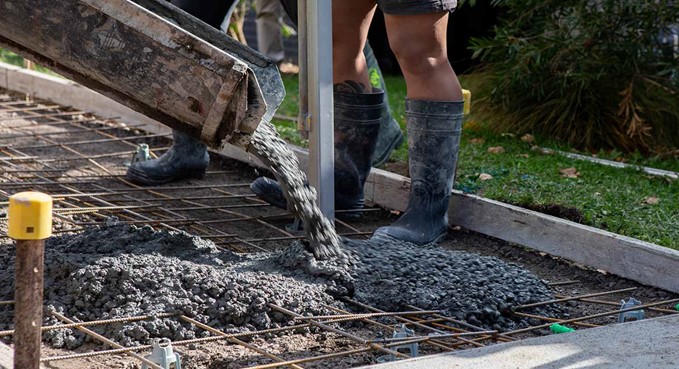With recycling coming to the fore of the concrete and construction industries, RMIT engineering researchers are giving coffee waste a double shot at life.
A world-first concrete footpath trial involving biochar made from coffee grounds is being conducted in Gisborne, north-west of Melbourne, in conjunction with Macedon Ranges Shire Council.
Organic waste that goes to landfill makes up 3% of greenhouse gas emissions and Australia generates 75 million kg of coffee waste annually. This could replace up to 655 million kg of sand in concrete as it is a denser material, RMIT says.
The researchers are trialling coffee biochar made with a low energy process without oxygen at 350 degrees Celsius which makes concrete 30% stronger. They are also trialling biochar in concrete made from wood chips.
The researchers will evaluate the performance of the concrete in the trial footpaths with the aim of supporting the further roll-out of this innovation. The team is currently working with the supply chain sector so that the research can be made into a mainstream product for commercial applications.
Every biochar produced from a different organic material comes with varying composition, in addition to the difference in carbon content, particle size and absorbency, that can boost the performance of concrete in a range of ways, according to the RMIT research team.
Image: The first pour of the coffee concrete for the footpath trial in Gisborne. Credit: Carelle Mulawa-Richards, RMIT University.


